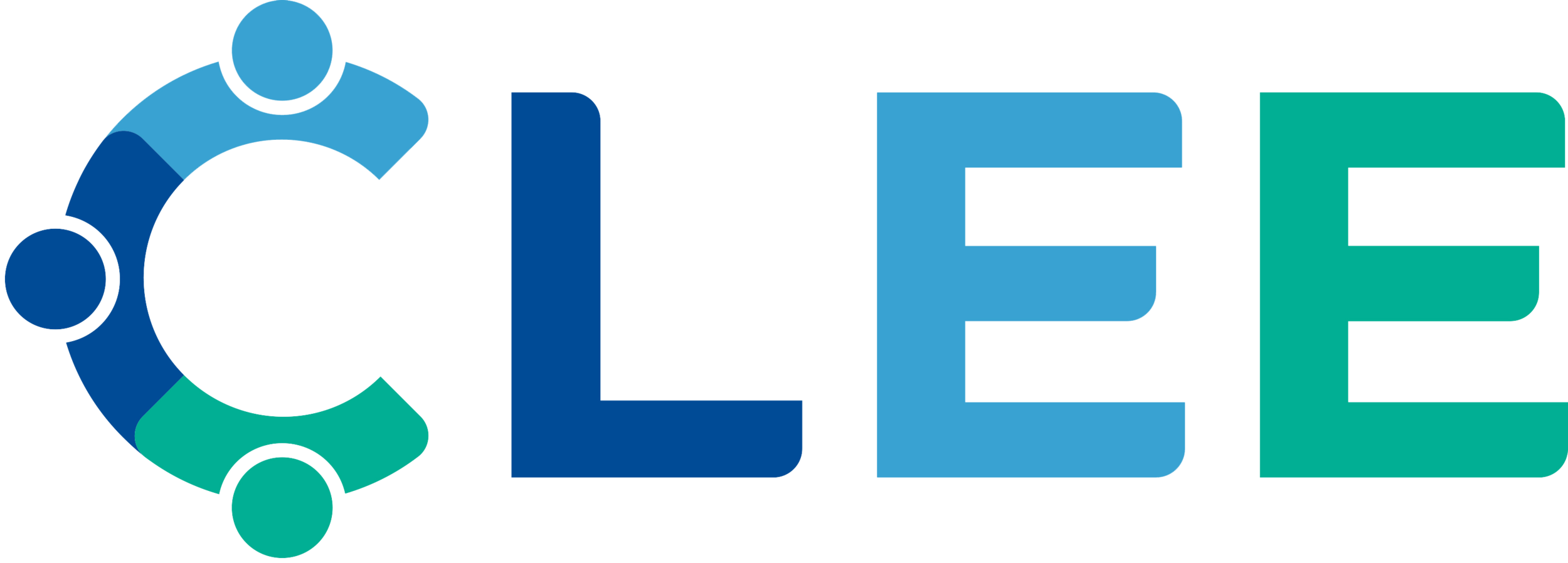Leading for Equity Blog: Stories from the Field
“We Are the Leaders We’ve Been Waiting For”: From Educator to Activist to Learning Leader Network
Before I joined CLEE as a facilitator and continuous improvement coach, I was an English teacher in the Boston area. Over the years I taught students in grades 7-12, designing culturally-relevant and academically rigorous curricula to increase student agency and engagement; led critical friends groups in analyzing student work and data to improve instruction; facilitated a participatory action research project to showcase students’ self-authored learning journeys through ePortfolios; mentored pre-service teachers; and co-led a grassroots educator activist group working towards detracking of classes and hiring and retention of 30% educators of color.
And yet, through most of that time, I did not think of myself as a leader.
To me back then, school leaders were synonymous with administrators. I tended to speak my mind and hold myself and others to high standards, a combination that landed me in various administrators’ offices several times over my career. Surely I was doing way too much of what John Lewis calls making “good trouble” to align myself with what I later learned are positional leadership roles.
It wasn’t until a decade into my teaching career, when my mentor, Susan Klimczak, introduced me to the work of Grace Lee Boggs (GLB), a Chinese-American philosopher, grassroots organizer, and activist, that I embraced her oft-quoted but frequently unattributed words, “We are the leaders we have been looking for.” GLB was born in 1915 right here in Providence, above her father’s Chinese restaurant on Westminster Street. Soon after, her family moved to New York City, where GLB attended Barnard College at age 16. She was among a handful of women in her generation who earned a Ph.D. but was unable to find employment in academia as a Chinese-American woman. Her grassroots organizing for workers’ rights eventually led her to Detroit, where she met and married James Boggs; together they became pillars of the socialist labor movement in the African-American community and beyond.
GLB’s words catapulted me into my (ongoing) journey of thinking of myself as a leader. For the first time, I found the language to reframe what I had up until that point characterized tongue-in-cheek as “rabble rousing” as acts of grassroots, revolutionary leadership toward liberation. My critical consciousness was firing up a path forward that joined together my identities as a teacher activist (my comfort zone) and leader (my danger zone at the time, my risk zone currently).
My interest in improvement science in education and desire to widen my realm of influence led me to the University of Michigan School of Education’s new Masters program in Program Evaluation and Improvement Research. There I delved more deeply into the literature of distributed leadership and communities of practice, while simultaneously broadening my community of practice as I engaged with colleagues and scholars from around the world. Upon completion of my degree, a beloved professor asked me if I saw educational leadership in my future, and to my surprise, I found myself wondering, well, do I? If leadership means continuing to engage in transforming education toward liberation, then, why, yes, I do. Yes indeed.
Since joining CLEE, I have gained yet more language and experiences to deepen my understanding of what being a leader means. From the belief that everyone is capable of growing leadership skills and dispositions regardless of their formal or positional role, to the theory of action that when adults learn more, students learn more, to the six core leadership practices in action, I am grateful for the opportunity to lead alongside my colleagues on the core CLEE staff and beyond. I am especially grateful to our partners who have invited us in to build facilitative leadership capacity in service to creating equitable outcomes for the amazing, resilient students of Rhode Island. It is encouraging to see shared leadership in action, something I wish I had experienced sooner in my teaching career. Perhaps then I would not have limited myself to the narrow conception of school leadership that I did. As I reflect on my own leadership identity development, I marvel at the mentors and colleagues who saw and interacted with me as a leader long before I saw myself that way. It is a reminder of the power we each hold in lifting each other to our unlimited potential and of our collective power in reimagining what is possible.

